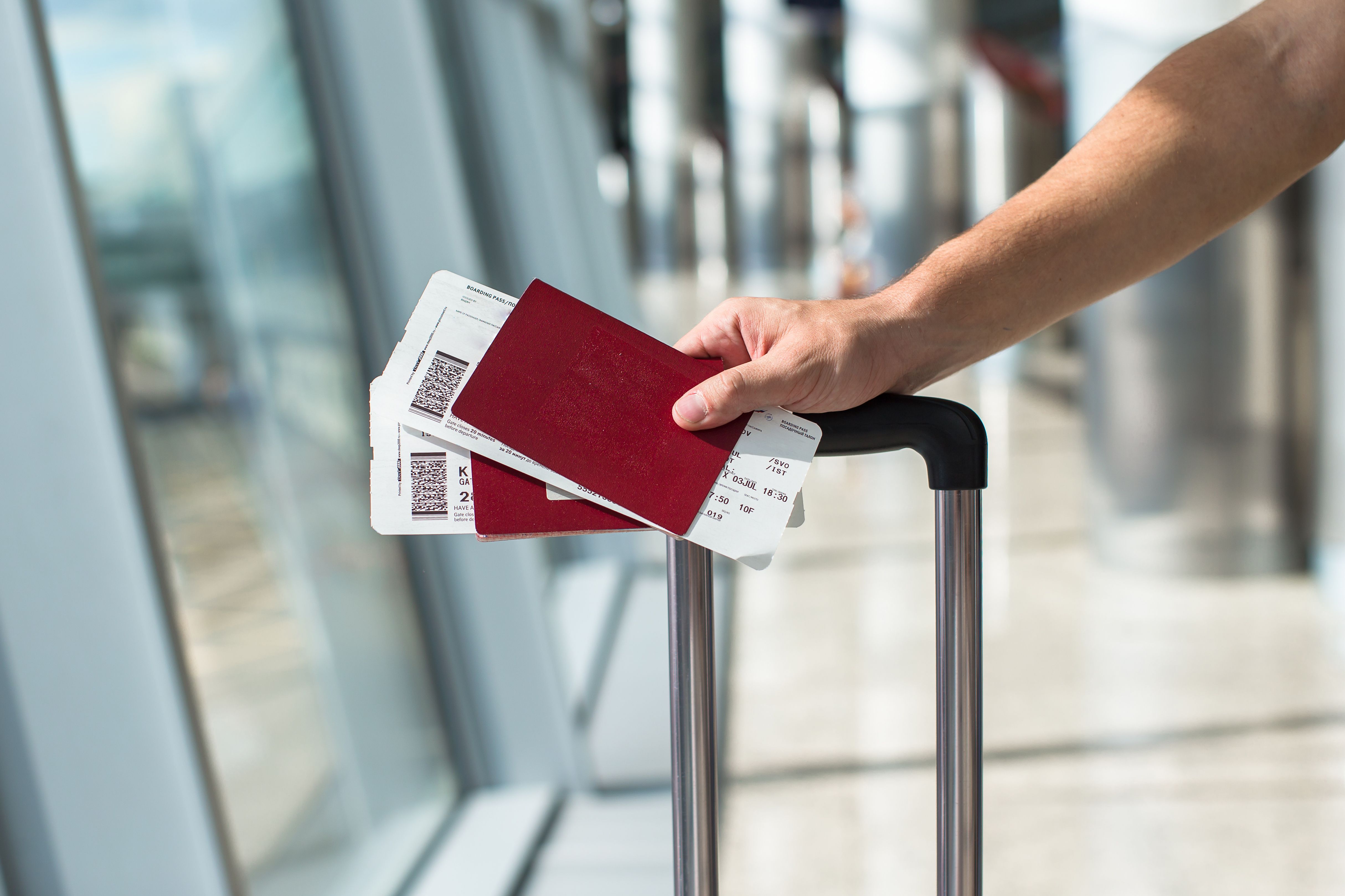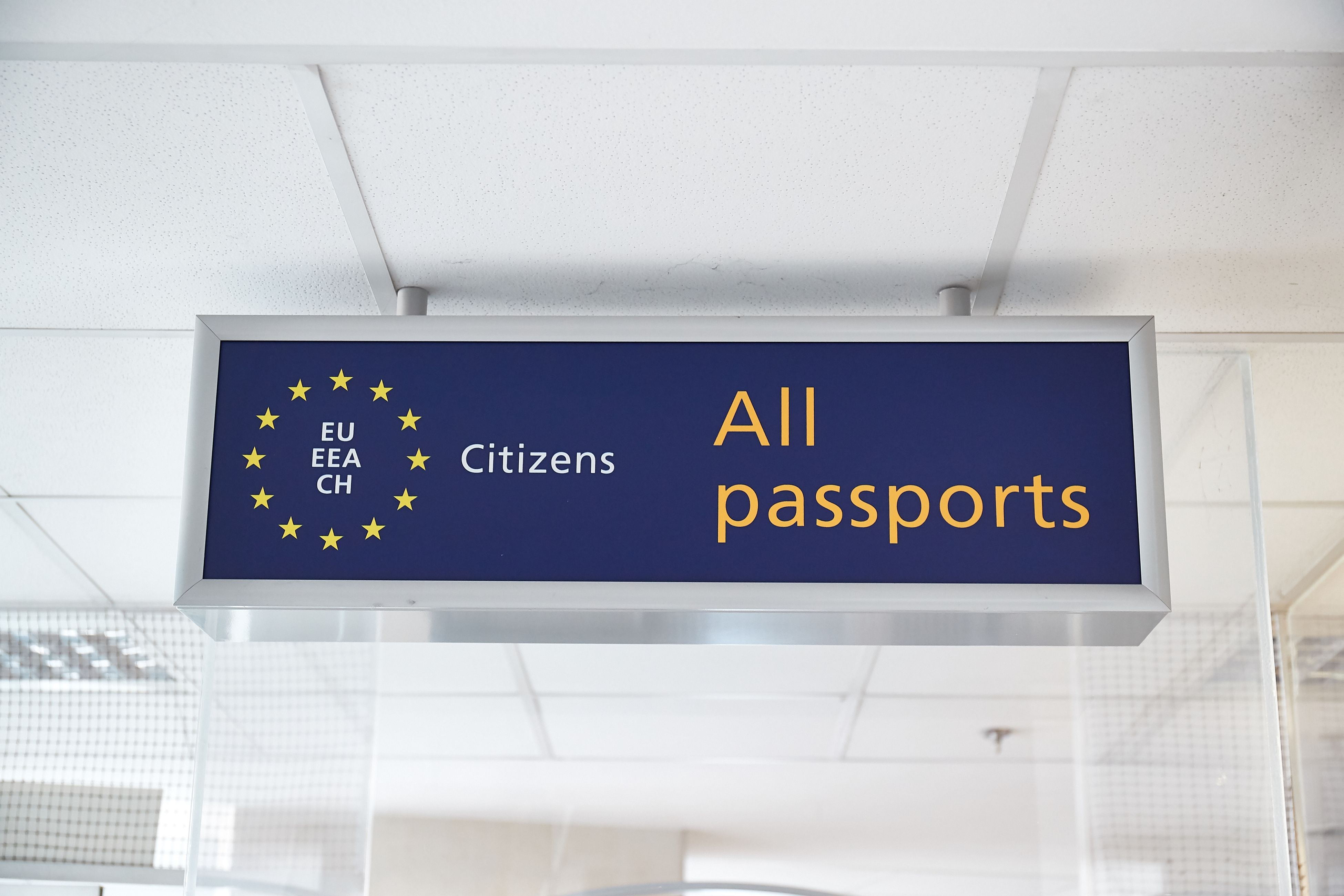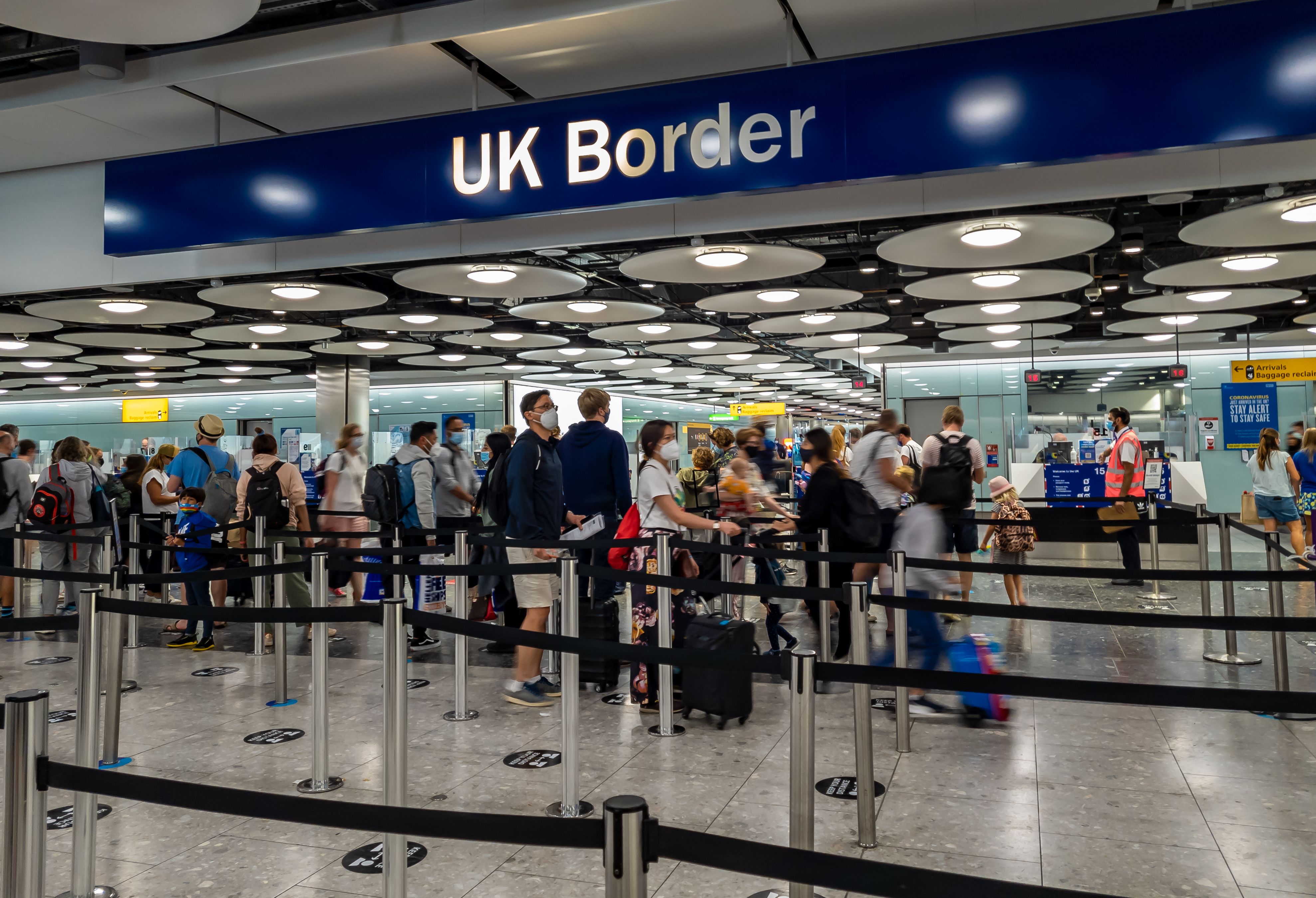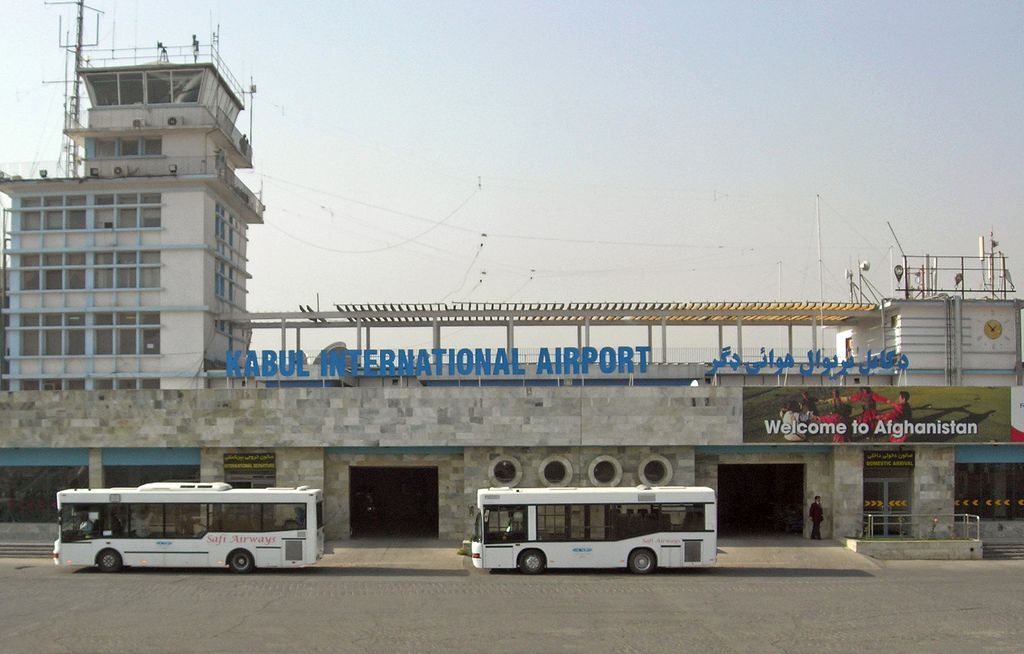If you want to travel outside your home country or to a destination your nation does not have an agreement with, like the Schengen Area in Europe has, you will need a passport. A passport verifies your identity and nationality while promising you the right to safe passage in a foreign land.
Not all passports are equal, though, as many require you to obtain a visa before traveling. Each year London-headquartered Henley & Partners publish a list of what they deem to be the world's most valuable passports based on how many places you can travel to without having to first obtain a visa. This article takes a look at the latest 2023 list from Henley (based on the data as at Q1 2023).
Japan and Singapore take the top spot in 2023
While looking to see which passports Henley & Partners regard as the most travel-friendly, there is no change at the top. Japan and Singapore take the top spot - as they have for several years. Japan has consistently been placed top since 2018, with Singapore moving between first and second place.
People who hold either a Japanese or Singaporean passport in Q1 2023 can travel to 193 countries visa-free (out of the total of 227 in the survey), which is far more than the countries at the bottom of the index. In contrast, citizens holding a passport from bottom-placed Afghanistan are only allowed to visit 27 countries without first applying for a visa.
European passports dominate most of the top ten passports to have
South Korea takes second place (with visa-free access to 192 countries), with Europe then dominating most of the rest of the top ten places. Germany and Spain are tied in their place with 191, followed in fourth place by Finland, Italy, and Luxembourg, all with 190 countries.
In fifth place with 189 countries are Austria, Denmark, Netherlands, and Sweden. France, Ireland, Portugal, and the United Kingdom take joint sixth place with 188.
The United States shares seventh place, and access to 187 countries, with Belgium, the Czech Republic, New Zealand, Norway, and Switzerland. Number eight sees Australia, Canada, Greece, and Malta all with 186 countries. Hungary and Poland take ninth place with 185 countries, and Lithuania and Slovakia share tenth place with 184.
The rest of Europe then follows, with EU-members Romania in 17th place and Bulgaria and Croatia in 18th (with visa-free access to 175 countries). Interestingly, Vatican City (in Europe but not the EU) is the lowest placed in 28th place with visa-free access to 154 countries.
Some big changes over the past years
The passport index highlights the fact that things can change instantly, and what was once a welcomed passport might no longer carry the clout it once did. As Henley explains in its reports, there is a "direct link between passport strength and access to the global economy,” and this can change (sometimes significantly) over time.
The UK is one good example of this. In 2015, long before Brexit, the country ranked first in the index, ahead of the rest of Europe. It has now dropped into sixth place. Moving the other way, the UAE stands out. It has climbed from 65th place in 2011 to 13th in 2023.
Ukraine and Russia are, of course, other interesting cases. The conflict and changing international relationships with these countries have not really translated yet into changes in visa-free access. Russia remains roughly the same in 2023, although Ukraine has risen slightly. (and pre-conflict has risen from 64th to 35th place in any case, as one of the biggest risers). In reality, though, Ukrainians and seeing greater access and Russians less (made worth with airspace restrictions). Looking at this, chair of Henley & Partners Christian H. Kaelin said in 2022:
"As the value of the Russian passport rapidly declines, and the world opens its doors to Ukrainians, it is abundantly clear that the passport you hold determines your fate and dramatically impacts the opportunities you have. While it is impossible to predict what the world will look like in the shadow of a new Cold War, the latest index suggests that the divide between Russia and much of the Western world will only increase."
The most powerful passports:
- 1. Japan, Singapore (193 destinations)
- 2. South Korea (192)
- 3. Germany, Spain (191)
- 4. Finland, Italy, Luxembourg (190)
- 5. Austria, Denmark, Netherlands, Sweden (189)
- 6. France, Ireland, Portugal, United Kingdom (188)
- 7. Belgium, Czech Republic, New Zealand, Norway, Switzerland, United States (187)
- 8. Australia, Canada, Greece, Malta (186)
- 9. Hungary, Poland (185)
- 10. Lithuania, Slovakia (184)
- 11. Latvia, Slovenia (183)
- 12. Estonia (182)
The overall lowest-placed passports
There are no big surprises at the bottom of the list, with citizens from poorer, less developed countries needing to obtain a visa before traveling. Conflict has pushed several of these countries down significantly over the years.
- 100. Bangladesh, Libya, North Korea (40 destinations)
- 101. Palestinian Territory (38)
- 102. Nepal (37)
- 103. Somalia (35)
- 104. Yemen (34)
- 105. Pakistan (32)
- 106. Syria (30)
- 107. Iraq (29)
- 108. Afghanistan (26)
You can find out where you rank by checking the Henley Passport Index in full.
Are you surprised by any of the rankings listed here? Feel free to discuss the rankings and their meaning further in the comments section.





